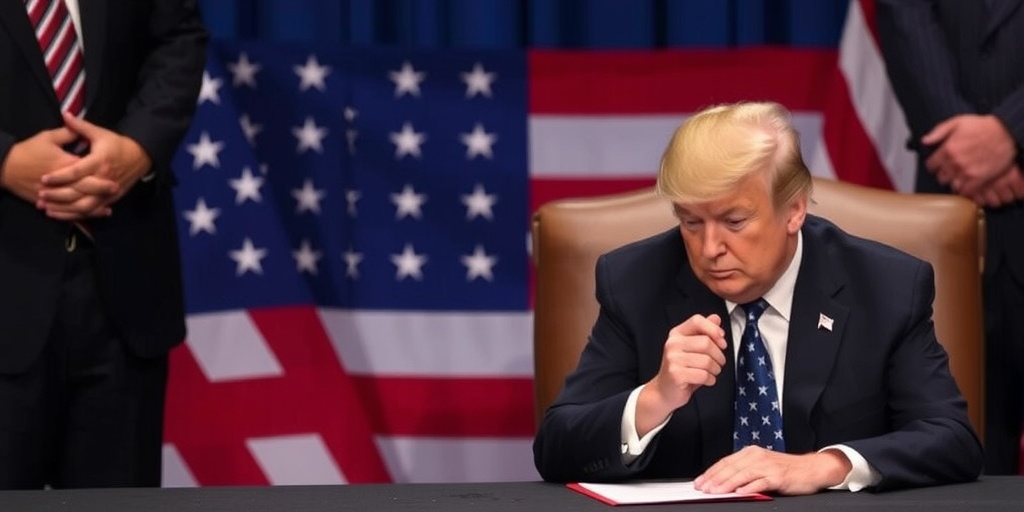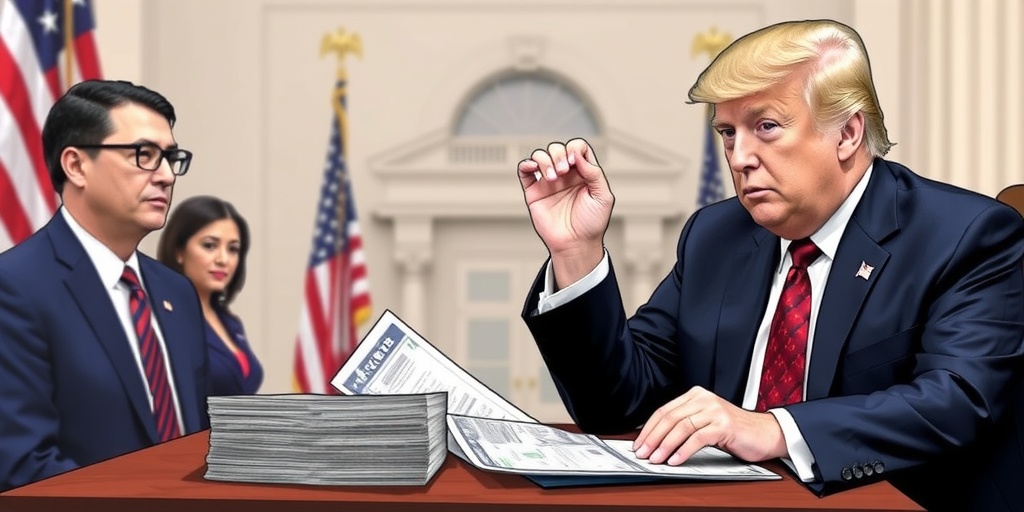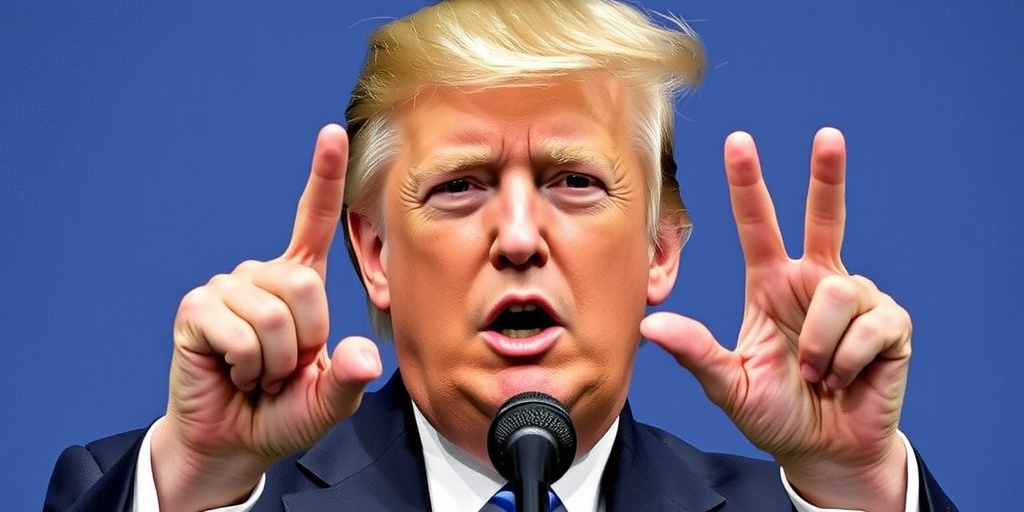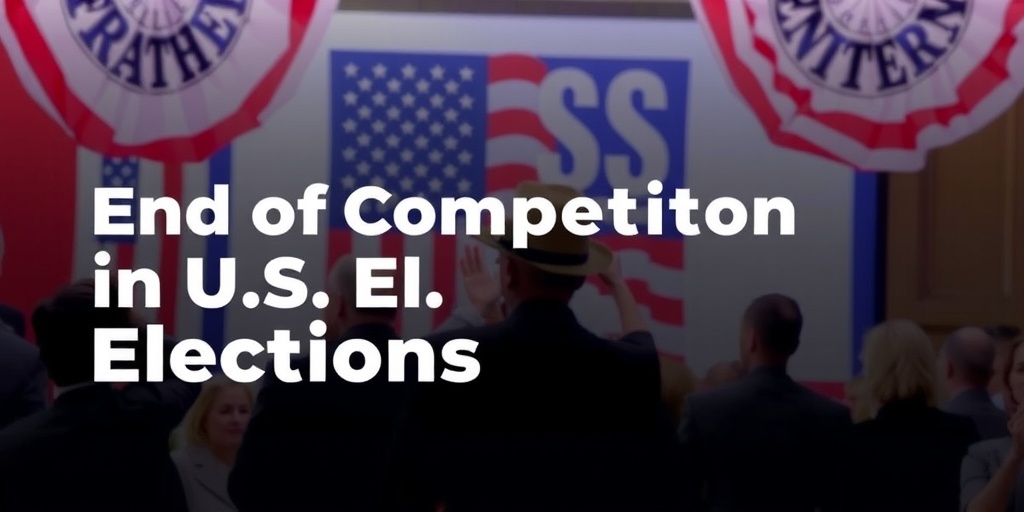Now Reading: Chris Murphy Becomes Leading Democratic Voice Against Trump
-
01
Chris Murphy Becomes Leading Democratic Voice Against Trump
Chris Murphy Becomes Leading Democratic Voice Against Trump
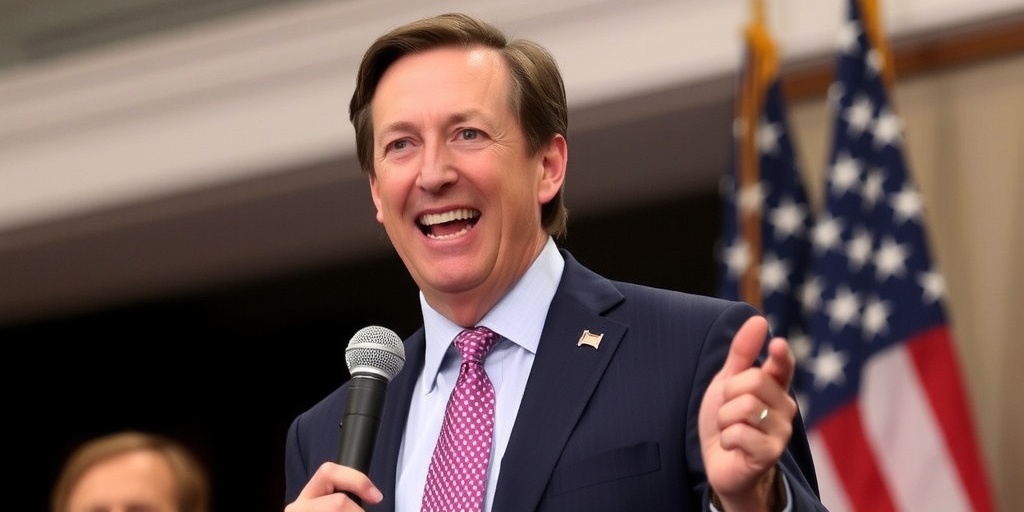
Title: Chris Murphy Emerges as Leading Democratic Voice Against Trump’s Second Term
In the wake of a tragic plane crash over the Potomac River, Senator Chris Murphy (D-CT) has made headlines for his swift and outspoken condemnation of former President Donald Trump. Just hours after the midair collision, Murphy recorded an impassioned video denouncing Trump’s comments blaming diversity requirements at the Federal Aviation Administration for the incident. Despite the ongoing recovery efforts and the mourning of families, Murphy felt a pressing need to address what he referred to as Trump’s “deliberate lies.”
“Everybody in this country should be outraged that Donald Trump is standing up on that podium and lying to you — deliberately lying to you,” Murphy declared in the video, urging fellow senators and congressional members to denounce Trump’s remarks. His quick and decisive response has positioned Murphy as one of the most prominent Democratic voices resisting Trump’s agenda during his second presidential term, especially at a time when the Democratic Party appears to be grappling with its own identity and strategy.
Murphy, who gained national recognition as a gun safety advocate following the Sandy Hook Elementary School shooting in 2012, has emerged as a key figure in Democratic opposition to Trump. Utilizing social media platforms, he communicates his message in concise, digestible content aimed at explaining the current political landscape to everyday Americans. Murphy describes the situation in Washington as a billionaire takeover of democracy, a narrative he has been determined to share through various channels, including two-minute social media clips, passionate speeches, and essays on his Substack account.
As he navigates this critical period in American politics, Murphy has seized the opportunity to reshape his image and potentially pave the way for future leadership within the Democratic Party. He acknowledges the overwhelming challenges facing the party and expresses concern about the erosion of the rule of law, asserting that many remain unaware of Trump’s actual intentions and agenda.
In preparation for Trump’s return to power, Murphy has engaged deeply with literature and ideas associated with the rising right, crediting this intellectual immersion with his readiness to confront the political climate. His approach has been recognized by figures like Adam Green, co-founder of the Progressive Change Campaign Committee, who stated that Murphy is providing Democrats with a coherent messaging strategy that can effectively resonate with working-class voters.
While Murphy may lack a flamboyant public persona, his cerebral and serious demeanor has not hindered his effectiveness as a communicator. During a recent news conference, for instance, he maintained a stoic presence while others around him made light-hearted jokes. This steadfastness resonates with many constituents seeking a thoughtful and principled opposition to the radical shifts occurring under Trump’s leadership.
Murphy’s efforts have also gained traction among younger demographics. He has seen a significant increase in social media engagement, doubling his Instagram following and generating millions of impressions across his platforms. This focus on outreach aligns with his strategy to simplify complex political issues for those who might not engage with politics daily but are eager to understand the evolving landscape.
His commitment to this mission is underscored by his desire to educate and inform the public about the profound implications of the current political crisis. He warns of a potential scenario where the integrity of upcoming elections might be compromised, emphasizing that his work is primarily focused on preserving democratic processes. “There’s a ticking time bomb inside our body politic right now,” he stated, hinting at the urgency with which he views the current moment.
Despite acknowledging that he is not necessarily laying the groundwork for a presidential run, Murphy is decidedly active in the political arena. His engagement with various platforms—from TikTok to podcasts—illustrates a modern approach to communication that recognizes the shifting media landscape. He aims to reach audiences beyond traditional outlets, recognizing that current TV appearances serve primarily as content creation opportunities for wider distribution.
Encouraged by Democratic leaders, Murphy remains steadfast in his critique of Trump and Republicans, arguing that they do not deserve the benefit of the doubt amid their troubling maneuvers. He calls for a unified Democratic response that transcends conventional political norms.
Murphy’s activism extends to issues like gun violence and social isolation, persisting from his deeply-rooted experiences following the Sandy Hook tragedy. With a focus on delivering messages that resonate with common concerns, he has become a sought-after voice in a climate where traditional electoral strategies are being reevaluated.
As Murphy navigates the complexities of contemporary politics, he embodies a determined effort to galvanize the Democratic Party and articulate a forceful resistance against perceived threats to democracy, setting the stage for potential leadership in a challenging political landscape.
Stay Informed With the Latest & Most Important News
Previous Post
Next Post
-
 01New technology breakthrough has everyone talking right now
01New technology breakthrough has everyone talking right now -
 02Unbelievable life hack everyone needs to try today
02Unbelievable life hack everyone needs to try today -
 03Fascinating discovery found buried deep beneath the ocean
03Fascinating discovery found buried deep beneath the ocean -
 04Man invents genius device that solves everyday problems
04Man invents genius device that solves everyday problems -
 05Shocking discovery that changes what we know forever
05Shocking discovery that changes what we know forever -
 06Internet goes wild over celebrity’s unexpected fashion choice
06Internet goes wild over celebrity’s unexpected fashion choice -
 07Rare animal sighting stuns scientists and wildlife lovers
07Rare animal sighting stuns scientists and wildlife lovers














